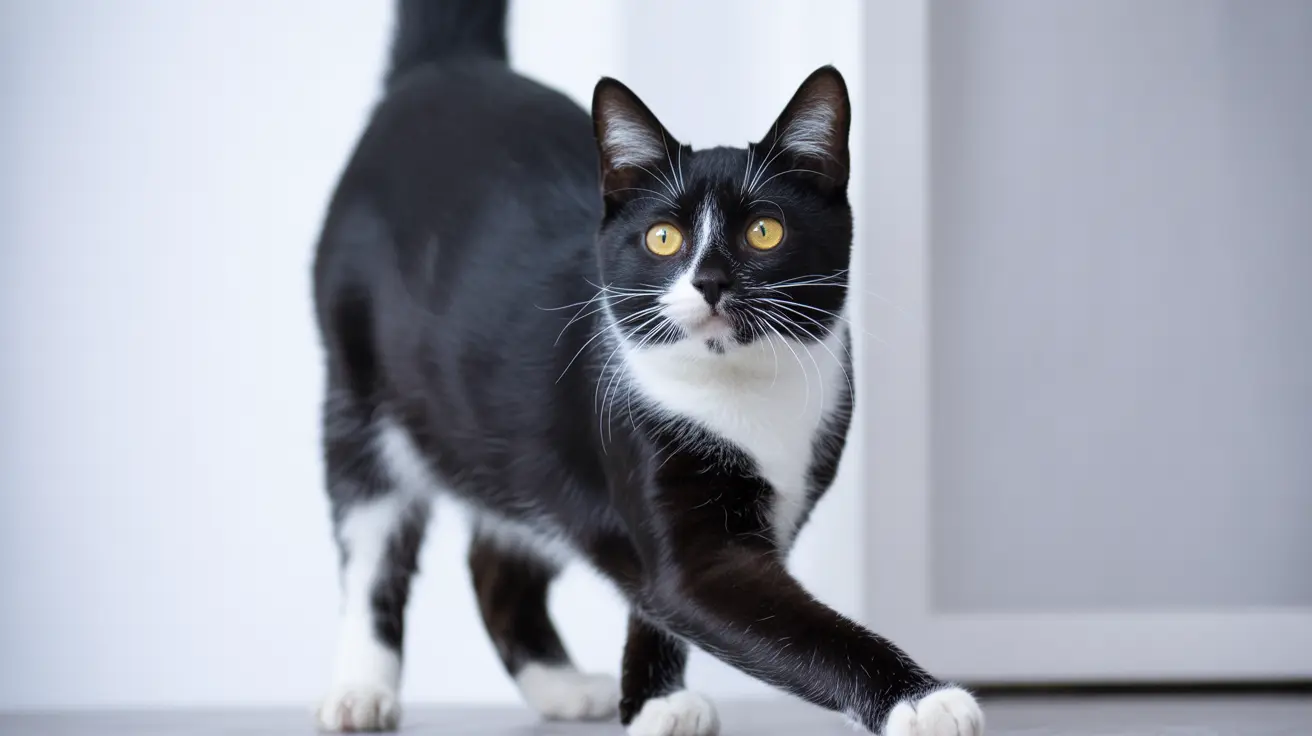Can You Mix Eggs with Cat Food? A Nutrition Guide for Pet Owners
Feeding our pets a balanced and nutritious diet is essential to their well-being. One common question among cat owners is whether it's safe to mix eggs with cat food. The answer is yes—with a few important caveats. Eggs can be a healthy supplement to a cat’s diet when properly prepared and served in moderation.
Nutritional Benefits of Eggs for Cats
Eggs are packed with essential nutrients that can benefit a cat’s health. Here are some of the primary advantages:
- High-quality protein: Eggs provide complete protein, which supports muscle maintenance and repair.
- Rich in amino acids: These are crucial for various metabolic functions and maintaining body tissue.
- Good source of vitamins: Eggs contain vitamin A, B12, riboflavin, and folate, which support brain and nerve function.
- Contains essential minerals: Eggs offer iron and selenium, which support blood and immune health.
How to Prepare Eggs for Cats
It is important to prepare eggs safely:
- Cook the eggs thoroughly: Boiled or scrambled eggs without any added salt, butter, milk, or seasonings are best. Raw eggs can contain salmonella and should always be avoided.
- Cool before serving: Make sure the eggs are cooled to room temperature before mixing them with cat food.
How Much Egg Can a Cat Eat?
Moderation is key. Eggs should be treated as a supplement or treat—not a meal replacement.
- Adult cats can safely have about one tablespoon of cooked egg a few times a week.
- Monitor your cat for any digestive changes when introducing new foods.
Mixing Eggs with Cat Food
Mixing small amounts of cooked egg with your cat’s usual food is a great way to enhance flavor and add extra protein. Here’s how:
- Start by adding a small amount of egg—about a teaspoon—to your cat’s regular portion.
- Stir thoroughly to ensure the flavors are blended well.
- Observe your cat’s reaction and look for signs of any allergic or digestive issues.
What to Avoid When Feeding Eggs to Cats
Some common mistakes can lead to health problems:
- Never feed raw eggs: They can carry harmful bacteria like salmonella and E. coli and inhibit biotin absorption.
- Don't add seasoning: Salt, garlic, onions, and spices are toxic to cats.
- Avoid cooking eggs in oil or butter: Excess fats can upset your cat’s stomach and lead to obesity.
Special Considerations
Every cat is different. Consider the following:
- Age and health status: Kittens and senior cats may have different dietary needs.
- Allergies: Rarely, cats may develop an egg or protein allergy; consult a vet if symptoms appear.
- Existing medical issues: If your cat has pancreatitis or kidney problems, consult your vet before changing its diet.
Conclusion: A Nutritious, Occasional Treat
When cooked and offered in small quantities, eggs can be a beneficial addition to your cat’s diet. They are a natural source of protein and nutrients that many cats enjoy. However, moderation is crucial, and the eggs should always be properly cooked. As with any dietary change, monitor your pet for reactions and consult with your veterinarian to ensure the best nutrition plan for your furry friend.





